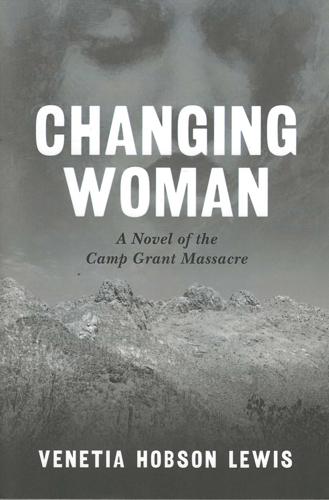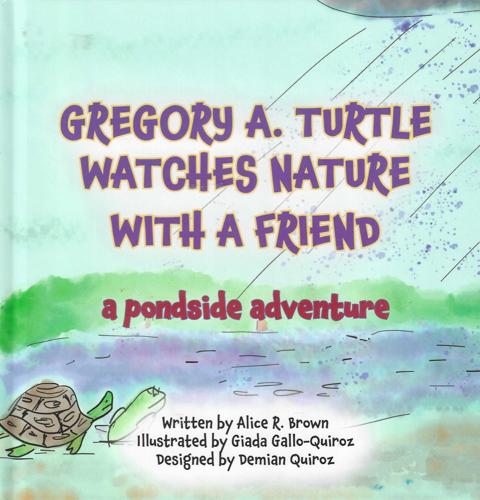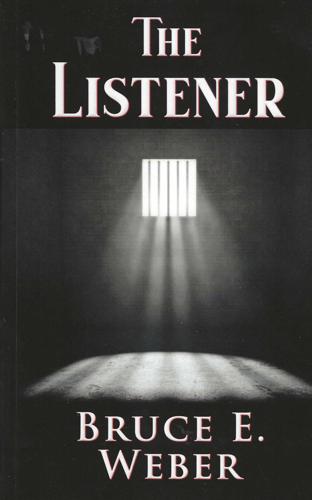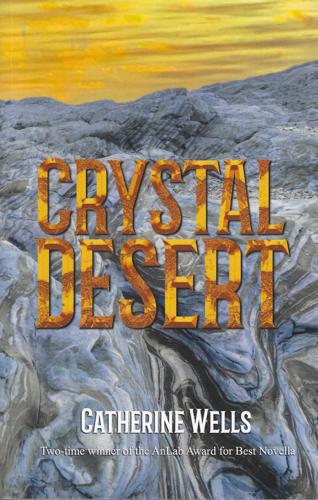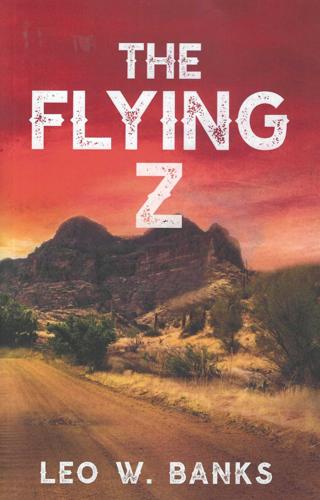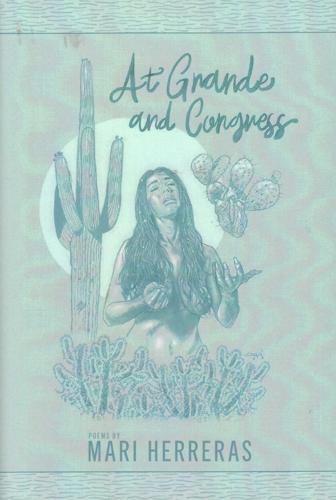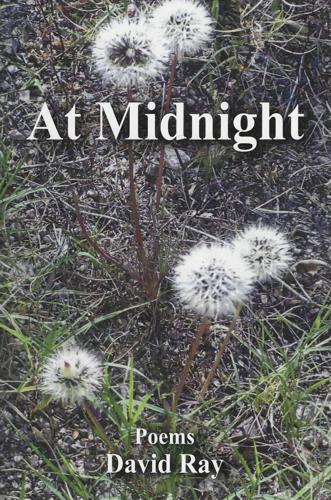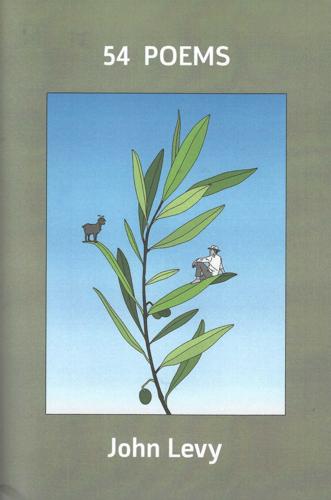“Changing Woman: A Novel of the Camp Grant Massacre” by Venetia Hobson Lewis. Bison Books (The University of Nebraska Press); 260 pages. $24.95, Kindle $10.70.
With this masterful work of historical fiction, Venetia Hobson Lewis illuminates one of the most shameful events in Southern Arizona’s past with a well-researched and richly detailed account of the Camp Grant Massacre.
The particulars of the massacre — in which a raiding party composed of Anglos, Mexicans and Papago Indians attacked an unprotected Apache encampment, slaughtering defenseless women and children as they slept — will not be unfamiliar to students of Arizona history. Lewis, however, offers a previously unexamined and thought-provoking perspective by viewing the event through the lens of its life-changing impact on two young women.
Valeria Obregon, a recent arrival in the Arizona Territory, is a young wife with an ambitious husband and a promising future until her husband’s secret involvement in the raid irrevocably undermines everything she thought was true.
Nest Feather, a 12-year-old Apache girl, has just experienced the deeply meaningful rite of passage into womanhood symbolized by the spirit of Changing Woman (from which the novel takes its title). Kidnapped by the raiders after witnessing her sister’s brutal murder and handed over to a Mexican family in Tucson to be raised as a Christian, Nest Feather must process her loss and cope with her terrifying new surroundings by drawing strength from Changing Woman’s teachings.
Deftly blending fiction with actual historic figures and events, the author lays out the circumstances that, day by day, led up to the raid in Aravaipa Canyon, imagines what might have occurred that fateful morning during the assault, and considers its aftermath, including the trial of the accused murderers, based on actual courtroom transcripts and eyewitness newspaper accounts of the day.
The joy of good historical fiction like this is the way it fleshes out the skeleton of historical fact to create a well-informed, atmospheric narrative; in Lewis’s capable hands, the reader is immersed in the complex cultural and political atmosphere in 1870s Tucson and the result is a thoroughly compelling read.
Lewis, who lives in Tucson, is the author of several award-winning western short stories. — Helene Woodhams

“Gregory A. Turtle Watches Nature with a Friend: A Pondside Adventure” by Alice R. Brown; illustrations by Giada Gallo-Quiroz; design by Demian Quiroz. Wonderland Waters; 21 pages. Available in Tucson at Petroglyphs, 160 S. Avenida del Convento; $14.95.
Gregory A. Turtle is sitting by a pond, thinking his thoughts and wondering to himself about the nature of nature: what are the birds saying? And, what about the fish? And the clouds? His friend, a bouncy frog named Florence, provides a welcome interruption to his reveries, and a conversation ensues in which the two consider the condition of the pond, the growing scarcity of water, and what that might portend for the future of their friends. Everyone, after all, needs clean air and water, and plenty of both.
Being conservation-wise is everyone’s responsibility, even the youngest readers. In this gentle tale the author underscores the inter-connectedness of all creatures, the role we all should play in preserving our environment, and the joy of having a good friend to talk things over with. A question-and-answer page, with kid-friendly advice about conservation rounds out this read-aloud, along with instructions for drawing frogs and turtles. For some local fun watching turtles, notes author and Tucson resident Alice R. Brown, try an outing to the pond near the University of Arizona Main Gate on Park Avenue. — Helene Woodhams

“The Listener” by Bruce E. Weber. Independently published; 236 pages. $16.99, $6.99 Kindle.
Jack Larner was just an average guy — and by no means a committed seeker of the truth — but a stint in solitary confinement while serving a prison sentence for a crime he didn’t commit somehow mystically tweaked his persona. He became, bizarrely, the man to whom no one could lie. Not surprisingly, it complicated his life.
Total strangers reveal their darkest secrets to him, unprompted, and law enforcement is keen to put his new-found talent to work to elicit confessions from unwilling suspects. Larner is disinclined to cooperate with the law, given how unjust incarceration has ruined his life. But the law, to his dismay, isn’t done with him. Misadventures follow him to Tucson, where he tries to start over as a “listener,” figuring that if people are going to spill their guts to him, he might as well capitalize on it. But the truth, he discovers, will not set you free. Just the opposite: he’s never felt so trapped, and the consequences could be dire.
In this latest outing, Tucson author Bruce Weber offers interesting food for thought about the constructs of truth and freedom and the downsides of both, playing out against a familiar Old Pueblo setting. This is Weber’s 12th work of fiction; a collection of short stories is planned for release next year. — Helene Woodhams

“Crystal Desert” by Catherine Wells. Jumpmaster Press. 242 pages. $14.99 paperback; e-book available.
When first we saw our boy Enrique Aguilar, in “Aztec Eagle,” he was a poor Puerto Peñasco kid with uncanny intuition, hustling on the beach and dreaming of becoming an intergalactic fighter pilot. When “Crystal Desert” opens — the second in Catherine Wells’s young adult series — 17-year-old Enrique is on his way to the planet Alpha with other teenaged trainees, to realize that dream. Over the course of their multi-year deployment with the Alphian resistance, those characters — sexy Lyla and her thoughtful cousin Miriam, plus Enrique’s nemesis, Blake — will complicate Enrique’s life, as someone is attempting to thwart his pursuit of pilot glory. Whatever Enrique’s considerable gifts, he has to fight to get recognized.
In addition to her effective character development and personal interactions, Wells writes tight, convincing battle scenes. You look forward to Enrique’s next chapter. — Christine Wald-Hopkins

“The Flying Z” by Leo W. Banks. Brash Books. 267 pages. $18.99 paperback; e-book available.
So, what do you get when you cross a beautiful Ph.D. student with a love for “One Hundred Years of Solitude” with a handsome cartel country rancher with a penchant for “Shane?” A killer Western thriller spiced with literary allusion, touched by magical realism and dogged by the question of “what constitutes a man?,” that’s what.
Long-time Tucson travel and history writer Leo W. Banks makes superb use of his familiarity of Patagonia and the borderland in “The Flying Z,” his fourth novel.
Out monitoring the trek of drug-carrying mules skirting his borderlands ranch, the Flying Z, Will Zachary comes across a woman who’s run her car into a ditch. He’s on horseback, and she’s in danger, so he persuades her to hop on for a ride to his ranch house to call for a tow. Turns out, she’s just finished Harvard and was driving to Stanford for grad school when she wandered off the highway and into the ditch. It also turns out that it’ll take several days to get the parts for her vintage Mustang, so she will need to stay at the ranch house, which Will shares with his aging uncle, suffering from dementia but ever the rifle-ready cowboy. It’s that readiness — along with his love for the family ranch, and a secret cartel arrangement which Will made to protect the property — that will get them all into trouble.
Memorable characters, a clear fondness for the area, touch-and-go romance, an old-time honor-of-the-West attitude, and one-on-ones with contemporary bad guys make this a lively, entertaining read. — Christine Wald-Hopkins
Briefly noted

“At Grande and Congress” by Mari Herreras. R&R Press, LLC. 56 pages. $15. — This debut collection of poems by former Tucson Weekly editor and fifth-generation Tucsonan Mari Herreras is exactly what you’d expect: Authentic. Personal. Local. Culture-political. Raw and affecting. Place is central to the poems, from the title poem, where the speaker sits on her “beat-up porch couch,” swilling red wine and “sucking in/…nicotine and all the filthy bits,” through “The Last Rooster of Menlo Park” (“don’t forget the tile murals they gave us/an unnecessary gift/from an urban renewal clearance sale”) to “A Dunbar/Spring Kitchen (…”my soul remains/in your kitchen…”), Herreras traces challenges and rewards of growing up to be a professional Mexican-American woman in this divided city. — Christine Wald-Hopkins
“At Midnight”by David Ray. Whirlybird Press. 103 pages. $15. — The intensity in these compelling poems by essayist and poet David Ray testifies to the role poetry can have in social and environmental justice. Ray, a widely published English literature and creative writing instructor at multiple institutions and professor emeritus from the University of Missouri-Kansas City, threads artists like Edward Hopper, writers like Edward Abbey, and other poets like Tennyson through these pieces, which deal with grief, environmental degradation, the immorality of war, social injustice. He’s serious, yet poet Martin Tucker calls Ray “a doubting optimist,” one …who “heals wounds by the expression … of compassion for acts of human behavior.” — Christine Wald-Hopkins
“54 Poems”by John Levy. Shearsman Books. 103 pages. $18. — There’s delight to be found in these wide-ranging, accessible, conversational poems by retired Pima County criminal defense attorney John Levy. Witty, thoughtful, but not anguished; they derive from Levy’s sojourns in Tokyo, Greece, Tucson; and they touch on family, felons, friends, poetry and life: “Do you have/to believe/in the (or/an) afterlife/to talk to the dead? // Because/I do. And don’t.” Add word- and language-play — such as the letter K: On its back K is … “a two-legged/Table of Contents // upside down and waiting // for an author to fill its/funnel,” and you have a sense of what Levy offers. — Christine Wald-Hopkins


